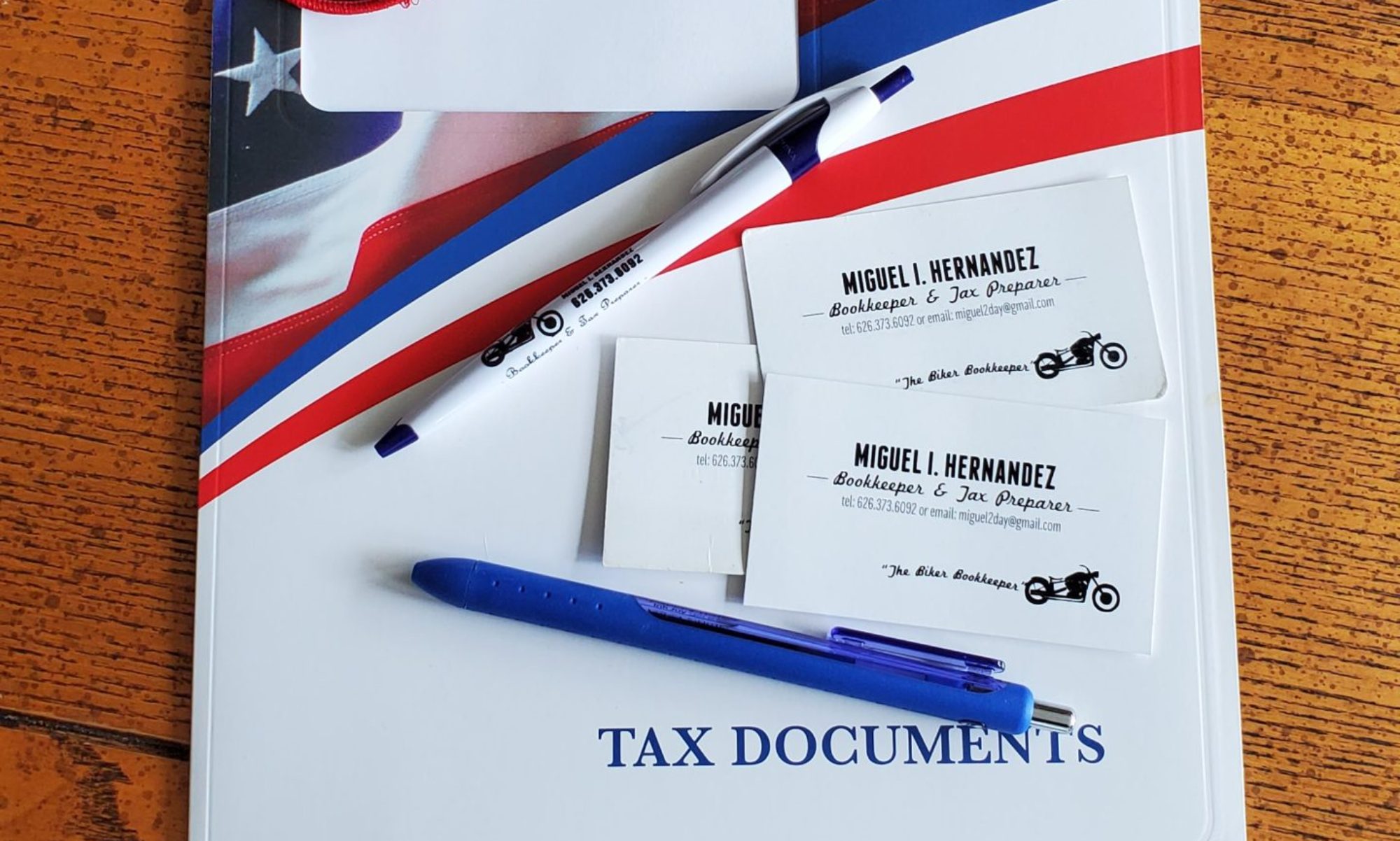Child Tax Credit (CTC)
The federal child tax credit (CTC) is a partially Refundable credit that allows low- and moderate-income families to reduce their tax liability dollar-for-dollar by up to $2,000 for each qualifying child. The credit phases out depending on the modified adjusted gross income amounts for single filers or joint filers.
Child Tax Credit Qualification
For a taxpayer to qualify for the credit, any children must meet several criteria: age, relationship, support, dependent, citizenship, and residence. The child must be under age 17, biologically-related to and claimed as a dependent by the taxpayer applying for the credit, not provide more than 50 percent of their own financial support, be a U.S. citizen, U.S. national, or U.S. resident alien, and have lived with the taxpayer for more than half of the preceding calendar year. (Step-children and foster children may qualify if they meet certain requirements.) The Tax Cuts and Jobs Act also added a requirement that parents be able to verify a valid Social Security Number (SSN) for each eligible dependent.
Earned Income Tax Credit (EITC)
The Earned Income Tax Credit (EITC) is used to offset income and payroll taxes for low-income workers. It was created to mainly promote work and to reduce poverty. Therefore, it is only available to those who are employed.
At the same time, the EITC is complicated, has a consistently high error rate, and creates a disincentive to work once recipients reach a certain income level. It also imposes a marriage penalty, reducing the credit’s value for married workers, and creates disparity between workers with and without children.
Taxpayers generally receive the credit while filing their taxes. This tax credit is refundable.

